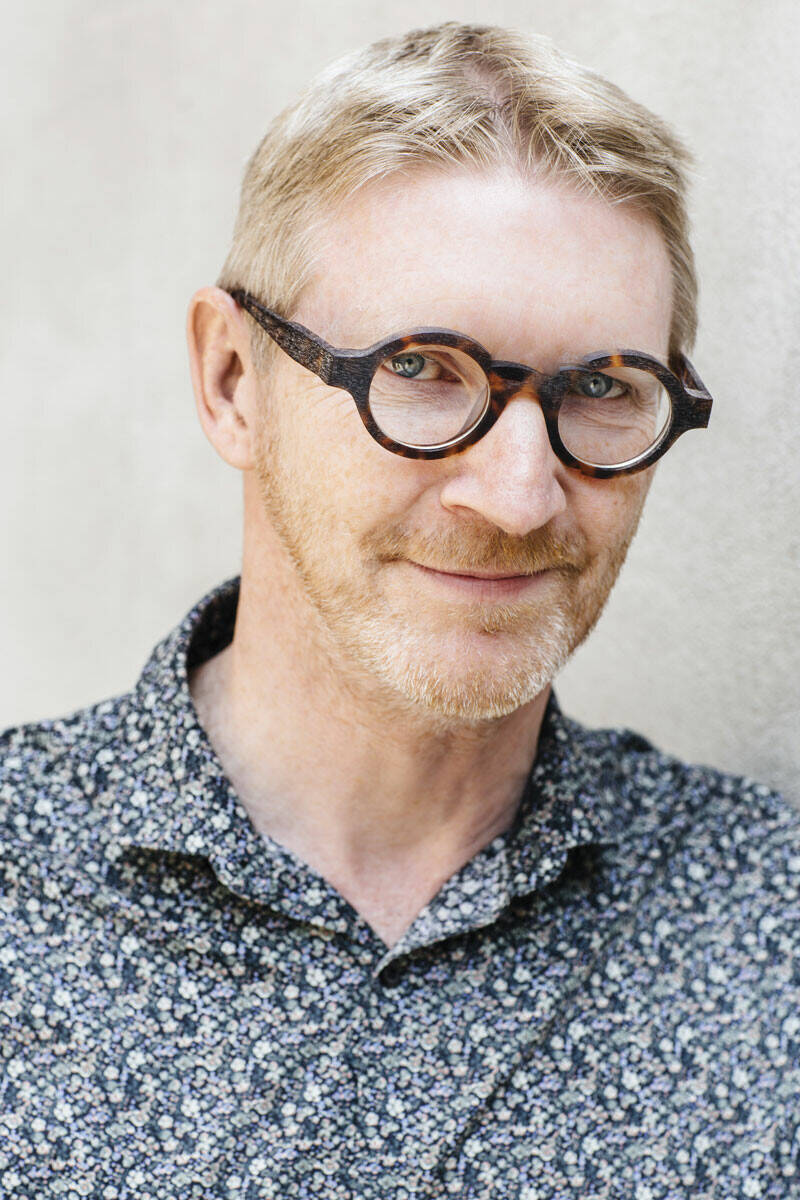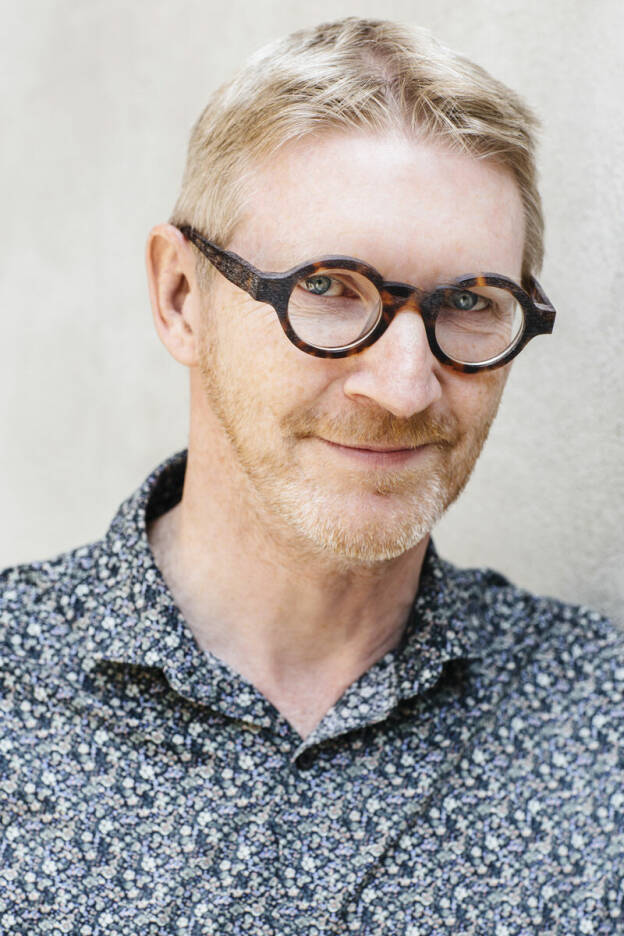
As awareness grows that the human digestive system tract plays a fundamental role not only in our overall health, but also and especially in our mental household - from the change like mood and brooding to the heavier mortgages like depression and dementia - consumers will increasingly look for personalized nutrition services that can offer both insight and practical recommendations. And then we need to interpret those "nutrition services" broadly: not just the dietician or reformer, but precisely the snack maker, mixologist or pizza chef as well. In short, food professionals, awaken your inner mood professional!
Global Markets Insights predicts that by the end of 2021 the global market for probiotics will grow to a global market of more than €66.5 billion by 2024. In 2019 – just before the Covid-19 pandemic – the forecast for the year 2024 was still a quarter lower (€50 billion). This development is credited to tailor-made programs and partnerships with (also) traditional food manufacturers.
American biotech start-ups like Ixcela and Thryve are already dumping the one-size-fits-all paradigm and enabling consumers to monitor, maintain and improve the health of their microbiome with probiotics. To do this you sign up for a subscription formula, after which you receive a test kit, have to take a drop of blood and send it back to receive a few days later the so-called Internal Fitness Profile - the identity card of your gut microbiome. From then on, you'll also receive a slew of personalized nutritional supplements monthly and a new - note the tongue loosener - mail-order blood prick kit every three months for follow-up.
Our microbiome is not just a network of single-cell factories of neurotransmitters that determine the well-being of our gray matter. In 2018, some researchers at the Harvard School of Public Health revealed how microorganisms in the gut flora of top athletes help underlie their exploits. From optimal energy burning to reaction time, ability to concentrate, explosive power, endurance... Much of this is hidden in the underbelly.
Biostatistician Curtis Huttenhower is working on a methodology to fully map the link between the microbiome and peak performance. He sees the future possibility of all kinds of probiotics where people can reap the benefits of each other's biotic entities. Will we soon be able to make a copy of the microbiome of Usain Bolt, Ashleigh Barty or Cristiano Ronaldo? And can we copy or adopt their unique abilities through the jungle of our guts?
Geneticist Jonathan Scheiman of Harvard Medical School has succeeded in secreting those bacteria that tame fatigue and pain after strenuous physical (sports) exertion, and help us regain strength by breaking down the metabolites released. His work opens perspectives for a new generation of probiotic sports drinks.
As blind faith in promising "revolutionary" dietary fads subsides and awareness of the positive influence of bacteria on our health grows, we can expect the unfolding of a gut health market with science-based, customized bacterial products.
John Cryan, a neuroscientist at the University College of Cork in Ireland and coauthor of The Psychobiotic Revolution: Mood, Food and the New Science of the Gut-Brain Connection (2017), claims that bacteria also have an evolutionary relationship with our brain. Humans have functioned as spaceships for microorganisms for millions of years. The more precisely these critters can control our mood, the more control they have over their own survival. Happy people are more socially adept.
The more socially adept humans are, the more chances the bacteria have of spreading and surviving. "The better we understand how the microbial network between our gut and central nervous system works, the more precisely we can start treating psychiatric disorders," Cryan argues. At the same time, we are seeing more and more people, on all continents, who are reluctant to embrace unilateral pharmaceutical solutions and who are willing to embrace more holistic treatments.
I am a statistical fact chipmunk: I like to nibble - right down to the nub - on scientifically based statistical facts. For example, Wikipedia tells us that a human body contains about 37,200 billion cells, not counting the estimated 38,000 billion bacteria in our gastrointestinal tract!
Of the more than one thousand species of intestinal bacteria, each person carries about 150 species in a very personal blend. That human microbiome is as unique as your fingerprint or DNA. One might wonder, though, if you should think of this colony as a group of your body's sailors: are they vacation cruisers or is it a command unit of your own body? In his book The Little Redemption (2017), Dutch biologist Midas Dekkers tastefully suggests that our microbiome is our second set of brains that determines our actions, thoughts, feelings and perhaps much more than we suspect.
Emeran Mayer, a gastroenterologist at the University of California, Los Angeles, noted in The Atlantic that during the 1910s a great deal of scientific work has uncovered links between the health of our gut flora and our mental health. The bionics behind our navel may even play a crucial role in anxiety disorders, depression and autism.
From food professional to mood professional
Herman Konings is a change psychologist. For 25 years, he has been analysing what people do differently today as opposed to yesterday, and he predicts what people will do differently tomorrow compared with today. The biggest trend he points out in the field of psychology and food is: mood food. A market that will grow into a global market worth more than almost 75 billion dollars in the coming years. He explains what mood food is exactly and how it can affect our body.
Herman Konings Xiao Er Kong
Gut feelings

expert opinion
5 min
As awareness grows that the human digestive system tract plays a fundamental role not only in our overall health, but also and especially in our mental household - from the change like mood and brooding to the heavier mortgages like depression and dementia - consumers will increasingly look for personalized nutrition services that can offer both insight and practical recommendations. And then we need to interpret those "nutrition services" broadly: not just the dietician or reformer, but precisely the snack maker, mixologist or pizza chef as well. In short, food professionals, awaken your inner mood professional!
Global Markets Insights predicts that by the end of 2021 the global market for probiotics will grow to a global market of more than €66.5 billion by 2024. In 2019 – just before the Covid-19 pandemic – the forecast for the year 2024 was still a quarter lower (€50 billion). This development is credited to tailor-made programs and partnerships with (also) traditional food manufacturers.
American biotech start-ups like Ixcela and Thryve are already dumping the one-size-fits-all paradigm and enabling consumers to monitor, maintain and improve the health of their microbiome with probiotics. To do this you sign up for a subscription formula, after which you receive a test kit, have to take a drop of blood and send it back to receive a few days later the so-called Internal Fitness Profile - the identity card of your gut microbiome. From then on, you'll also receive a slew of personalized nutritional supplements monthly and a new - note the tongue loosener - mail-order blood prick kit every three months for follow-up.
From food professional to mood professional

Our microbiome is not just a network of single-cell factories of neurotransmitters that determine the well-being of our gray matter. In 2018, some researchers at the Harvard School of Public Health revealed how microorganisms in the gut flora of top athletes help underlie their exploits. From optimal energy burning to reaction time, ability to concentrate, explosive power, endurance... Much of this is hidden in the underbelly.
Biostatistician Curtis Huttenhower is working on a methodology to fully map the link between the microbiome and peak performance. He sees the future possibility of all kinds of probiotics where people can reap the benefits of each other's biotic entities. Will we soon be able to make a copy of the microbiome of Usain Bolt, Ashleigh Barty or Cristiano Ronaldo? And can we copy or adopt their unique abilities through the jungle of our guts?
Geneticist Jonathan Scheiman of Harvard Medical School has succeeded in secreting those bacteria that tame fatigue and pain after strenuous physical (sports) exertion, and help us regain strength by breaking down the metabolites released. His work opens perspectives for a new generation of probiotic sports drinks.
As blind faith in promising "revolutionary" dietary fads subsides and awareness of the positive influence of bacteria on our health grows, we can expect the unfolding of a gut health market with science-based, customized bacterial products.
John Cryan, a neuroscientist at the University College of Cork in Ireland and coauthor of The Psychobiotic Revolution: Mood, Food and the New Science of the Gut-Brain Connection (2017), claims that bacteria also have an evolutionary relationship with our brain. Humans have functioned as spaceships for microorganisms for millions of years. The more precisely these critters can control our mood, the more control they have over their own survival. Happy people are more socially adept.
The more socially adept humans are, the more chances the bacteria have of spreading and surviving. "The better we understand how the microbial network between our gut and central nervous system works, the more precisely we can start treating psychiatric disorders," Cryan argues. At the same time, we are seeing more and more people, on all continents, who are reluctant to embrace unilateral pharmaceutical solutions and who are willing to embrace more holistic treatments.

I am a statistical fact chipmunk: I like to nibble - right down to the nub - on scientifically based statistical facts. For example, Wikipedia tells us that a human body contains about 37,200 billion cells, not counting the estimated 38,000 billion bacteria in our gastrointestinal tract!
Of the more than one thousand species of intestinal bacteria, each person carries about 150 species in a very personal blend. That human microbiome is as unique as your fingerprint or DNA. One might wonder, though, if you should think of this colony as a group of your body's sailors: are they vacation cruisers or is it a command unit of your own body? In his book The Little Redemption (2017), Dutch biologist Midas Dekkers tastefully suggests that our microbiome is our second set of brains that determines our actions, thoughts, feelings and perhaps much more than we suspect.
Emeran Mayer, a gastroenterologist at the University of California, Los Angeles, noted in The Atlantic that during the 1910s a great deal of scientific work has uncovered links between the health of our gut flora and our mental health. The bionics behind our navel may even play a crucial role in anxiety disorders, depression and autism.
Herman Konings is a change psychologist. For 25 years, he has been analysing what people do differently today as opposed to yesterday, and he predicts what people will do differently tomorrow compared with today. The biggest trend he points out in the field of psychology and food is: mood food. A market that will grow into a global market worth more than almost 75 billion dollars in the coming years. He explains what mood food is exactly and how it can affect our body.
Herman Konings Xiao Er Kong
Gut feelings
5 min










